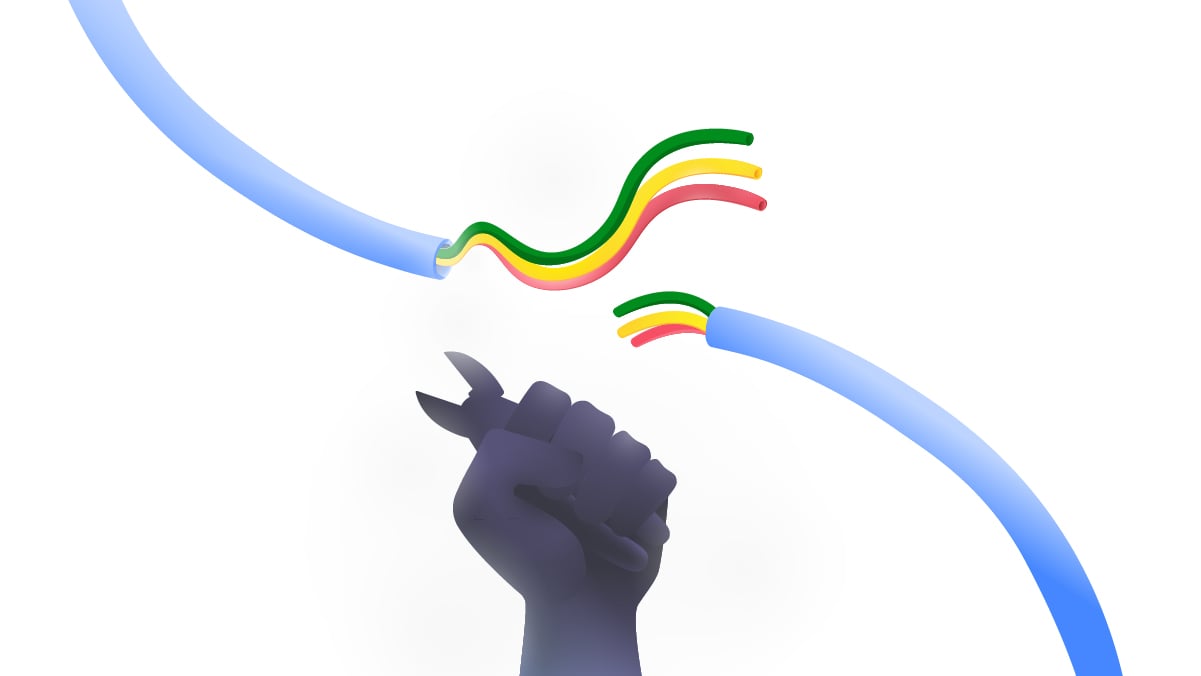Sudan’s internet shutdown threatens freedom
Imagine you woke up one day to find out there was no internet connection — no easy access to news sites, social media, or messaging services. Moreover, imagine that it happened when your country was in crisis. That’s what the Sudanese people experienced just a few days ago.
What happened in Sudan?
On October 25, the Sudanese military took over the government in a violent military coup. General Abdel Fattah al-Burhan, Sudan’s military leader, overthrew the existing government and detained its few senior members, including the prime minister Abdalla Hamdok.
On the same day following the turmoil, Sudan woke up without internet and mobile network access. The internet went down from the early morning until the late evening of October 25. The outage affected all the major internet providers.
The internet outage is linked to the pro-government demonstrations in Sudan. Those behind the coup most likely initiated it to disrupt the flow of information about the events taking place in the country. The tension in Sudan is rising as pro-military forces are blocking the roads and access to Khartoum, its capital.
The current situation is reminiscent of a tragic incident from the 2019 military coup, initiated by the same general. On that occasion, internet traffic was suspended to prevent global awareness of violent actions against the protesters during the Khartoum massacre.
Other major internet shutdowns
Internet shutdowns are frequent in countries with restricted freedom of speech during turbulent political events. It helps authorities control the flow of information and suppress the communication between the opposition and protesters. Here are some other similar cases of internet shutdowns:
- Iran. Iran is notorious for internet shutdowns. The one in 2019 lasted for a week. It was one of the Iranian government’s efforts to suppress the 2019 protests related to increased fuel prices. Another prominent blackout took place after the 2009 elections to suppress the free flow of information as well as the protesting opposition.
- Ethiopia. The national government controls the internet in Ethiopia. Consequently, they uses internet filtering to block politically critical and oppositional content. In 2019, the country completely shut down the internet for four days. In 2020, the shutdowns took place again, one of them lasting around two weeks.
- Uganda. At the beginning of 2021, the Ugandan government cut off the country’s internet on the eve of their presidential elections. While the officials claim that the shutdown was to battle misinformation, it is widely assumed that the real intention was to curb free information flow and silence the opposition.
- Belarus. In the wake of the election thought to be rigged by many, the Belarus authorities blocked communication networks and news sites, and even entirely shut down the internet.
How to fight censorship
Here are a few tips on how to fight censorship:
- Use a VPN. If you operate in high-risk areas, a VPN can be very useful. It helps to bypass censorship, encrypts your traffic, and protects you from third-party snooping. But make sure to use a premium service that offers proper protection and additional safety features such as Kill Switch which disconnects your network in case the VPN connection drops, and Obfuscated Servers which hide the fact that you use a VPN.
- Use satellite connections. A satellite internet connection is independent of any local providers, so you can avoid monitoring. However, it is a rather expensive option.
- Use encrypted communication services. Make sure all the services you use are encrypted.
- Always stay extremely careful when you post. When you post something sensitive, make sure you don’t disclose any of your personal and geographical details. Also, always think twice before you post and make sure the tools you use are really secure.
Want to read more like this?
Get the latest news and tips from NordVPN.

